Buddha Tooth Relic Temple
I’d come to think of it as my Farewell to Asia Tour. We’ve all learned so well, if we didn’t know it already, that nothing is certain. The months preceding became a kind of meditation on thinking differently than I had for so long. I resolved to return to places I’d enjoyed but to see them as I hadn't before.
The Inn at Temple Street, fronted by Lunar New Year
vendors, above. The lobby, below.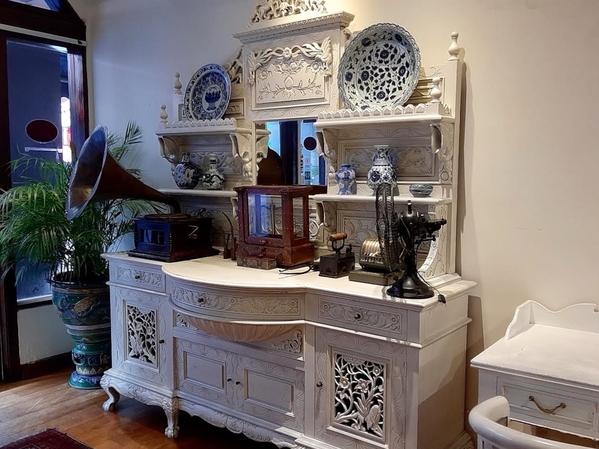
The first stop would be Singapore where I’d arrived or departed from Asia several times, always staying in Chinatown. That wouldn’t change, nor would my hotel, the Inn at Temple Street, my home there on all but my first visit. Temple Street was different on this run-up to Lunar New Year with stalls crowding both sides of the lane, unclear whether it was permanent, as nearby streets had been on prior visits, or just for the holiday.
My travel companion had discovered a bakery a few blocks away on Keong Saik Road and it became the location for a gentle start each morning, good coffee, pastry, bread and fresh orange juice, after which the big adventure of the day would begin.
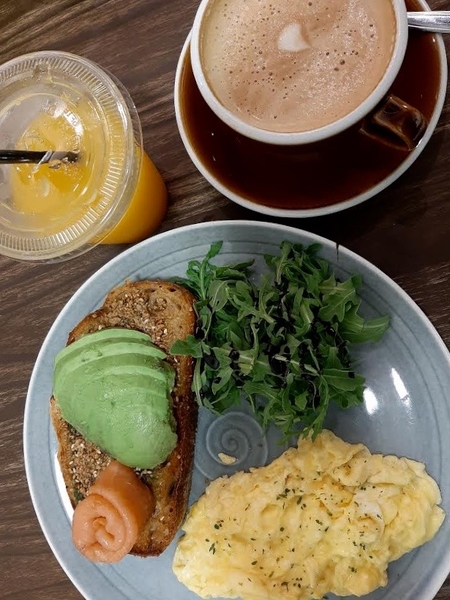 A last-morning splurge, perfect scrambled eggs, avocado toast with salmon.
A last-morning splurge, perfect scrambled eggs, avocado toast with salmon.
Baba House
I’d wandered the streets of Chinatown on every visit but had never gone as far on Neil Road as its western end. If I had I would certainly have noticed the house at Number 157. But this time while planning I noticed it, online, Baba House, and if it was open while I was there I’d see it. It was and I did. What had been the home of the Wee Family had all the parts. It had furniture and more people than it needed telling ancient-western-women visitors not to trip. But somewhere along the restoration path it had lost its soul. It looked well enough on the surface but even I could tell that every living thing was gone. Too bad and probably not exactly what the University of Singapore had in mind when they undertook the project in 2007-2008. Can you store souls in a lab?
Classic shophouse architecture with "five-foot ways."
Above, Spottiswoode Park Road.
Below, Everton Road.
Duxton Road
Chinese food and traditional Asian architecture, my favorites. As I’d planned each stop on this trip I was aware that I was choosing to stay in Chinatown in three of the four cities we’d visit. But what I hadn’t really thought about was that in each of the three cities I’d also booked us into some version of a shophouse, a traditional Asian building style of humble origin with commercial enterprises located on the ground floor and residences above. Sir Stanford Raffles issued Singapore’s town plan of 1822 that mandated a continuous arcade on the front of shophouses at street level, a “five-foot way” shading sidewalks, making walking more pleasant in the warm Southeast Asian sun. The design was popular and by mid-century could be found throughout the region. As a young person I always longed to live in San Francisco’s Chinatown and as I travel in Asia I find myself longing to live in a shophouse. So now for three weeks I would, including one in Malaysia with the entire premises to ourselves.
During my last visit Maxwell Food Centre was closed for a remodel. Food centers are all over Southeast Asia, often called hawker centres in honor of their history of street food hawkers coming together under roof in permanent locations. I made a beeline to Maxwell on my first evening in town to see what was on offer. It was near closing time so we chose our dinner from a muslim shop at the end of the line rather randomly. It wasn’t bad but a few days later we were back. It had to be Chicken Rice, that simple and famous Hainanese dish, just as succulent as I remember.
Next time, the Tiong Bahru neighborhood market.
All episodes of PortMoresby's Farewell to Asia Tour can be found here.
More of PortMoresby's stories are here.

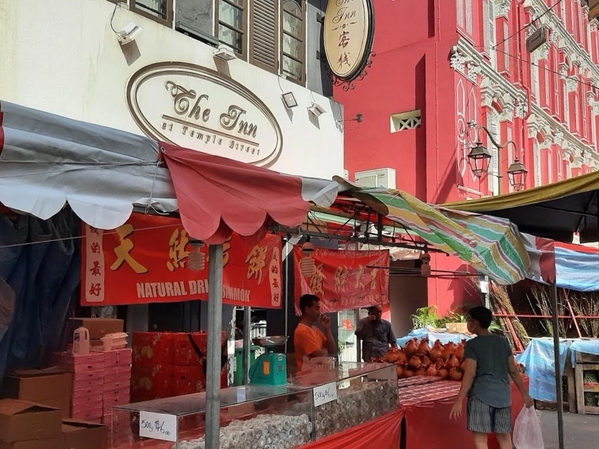




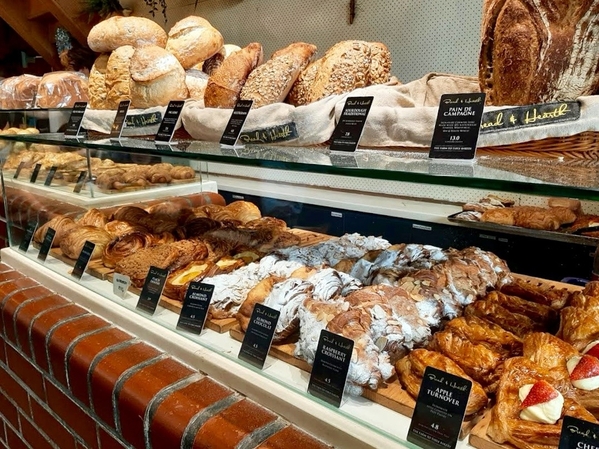
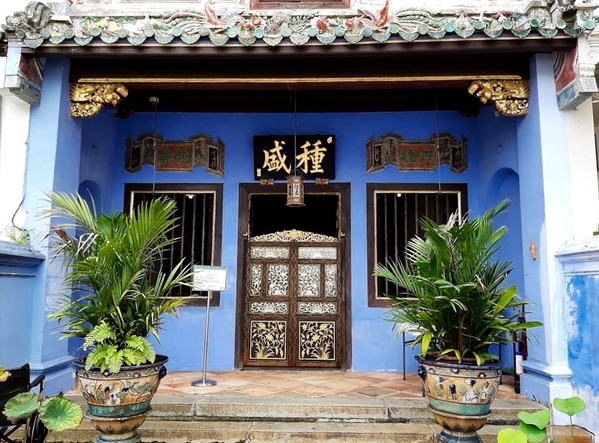
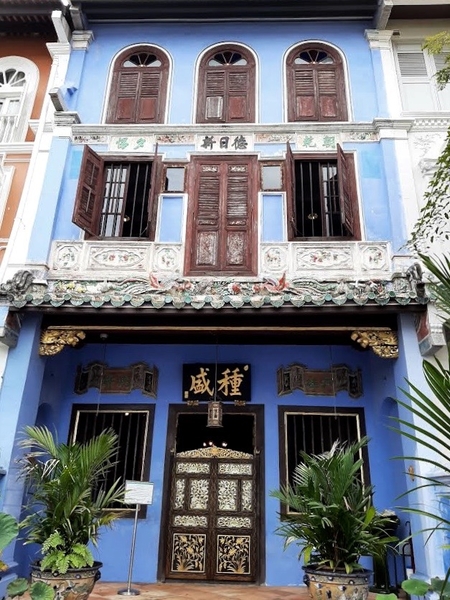


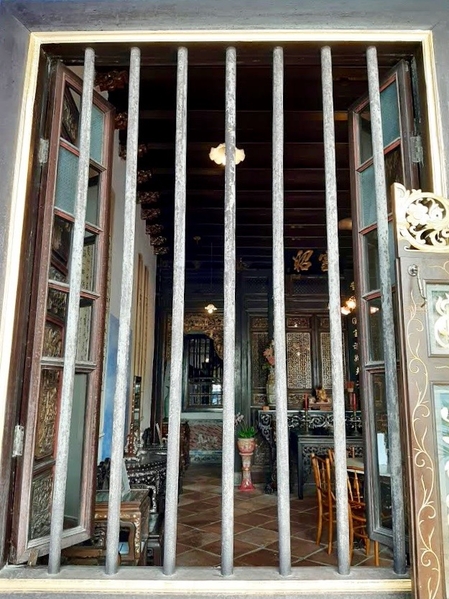
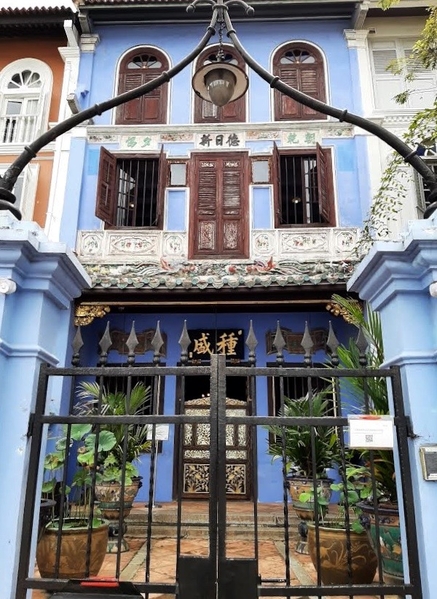
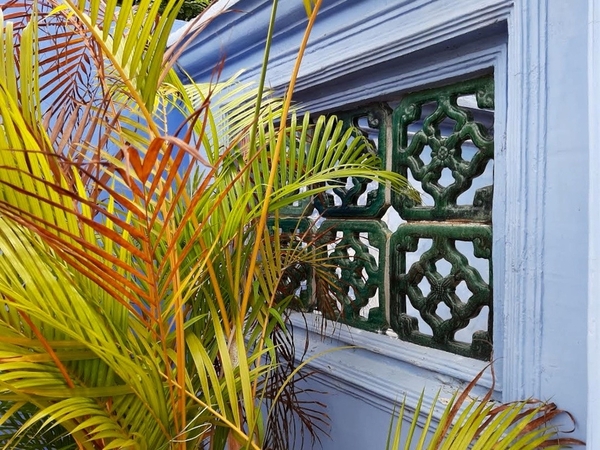
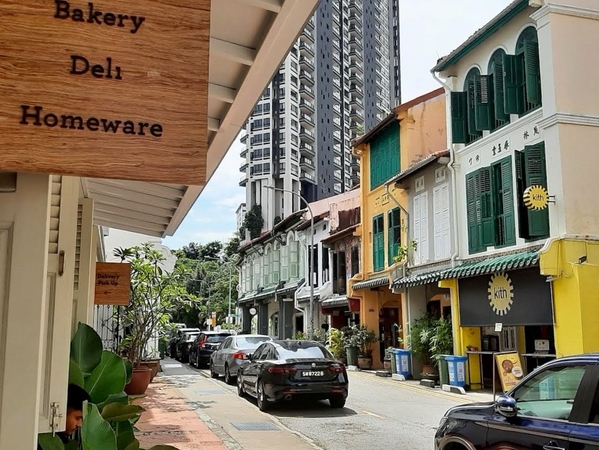
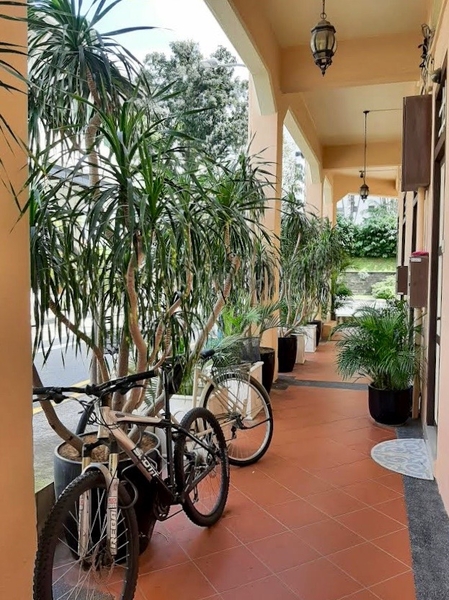
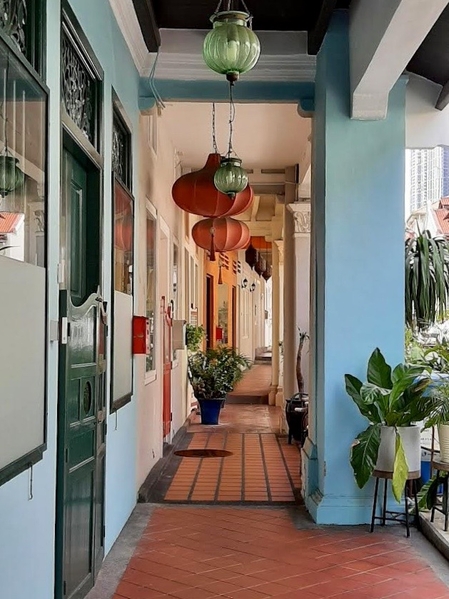
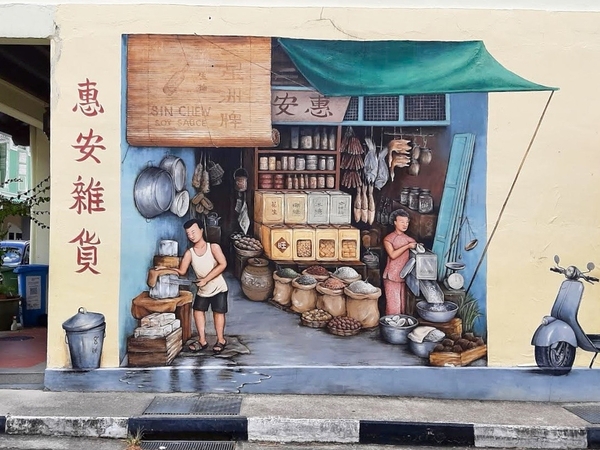
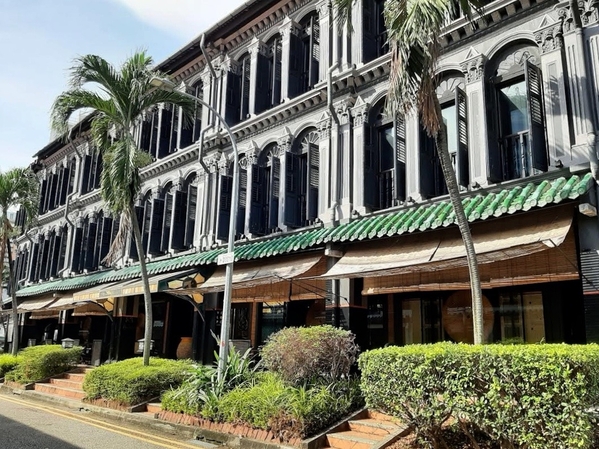
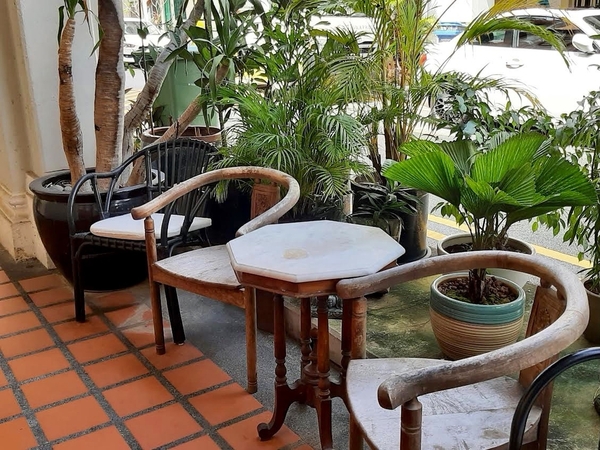
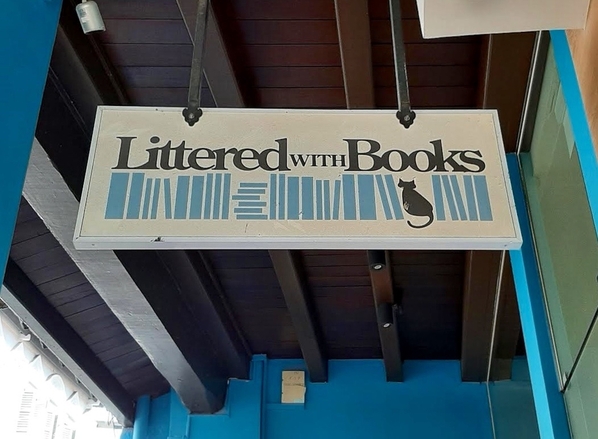
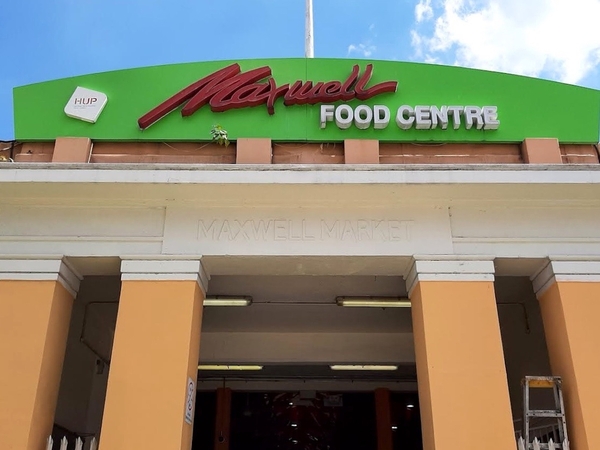
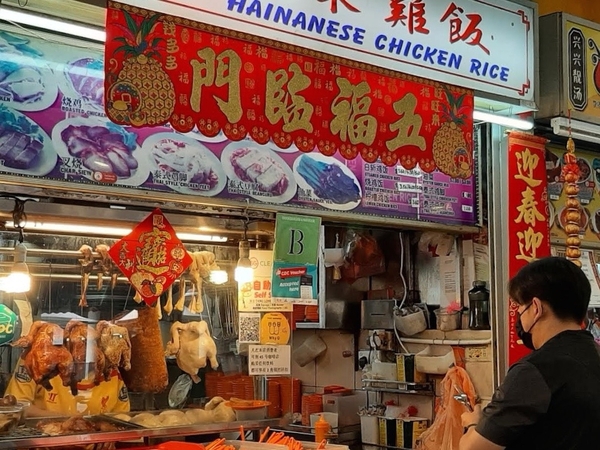

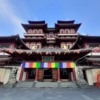


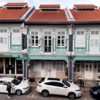
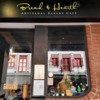
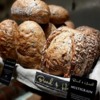

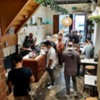




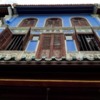













Comments (1)